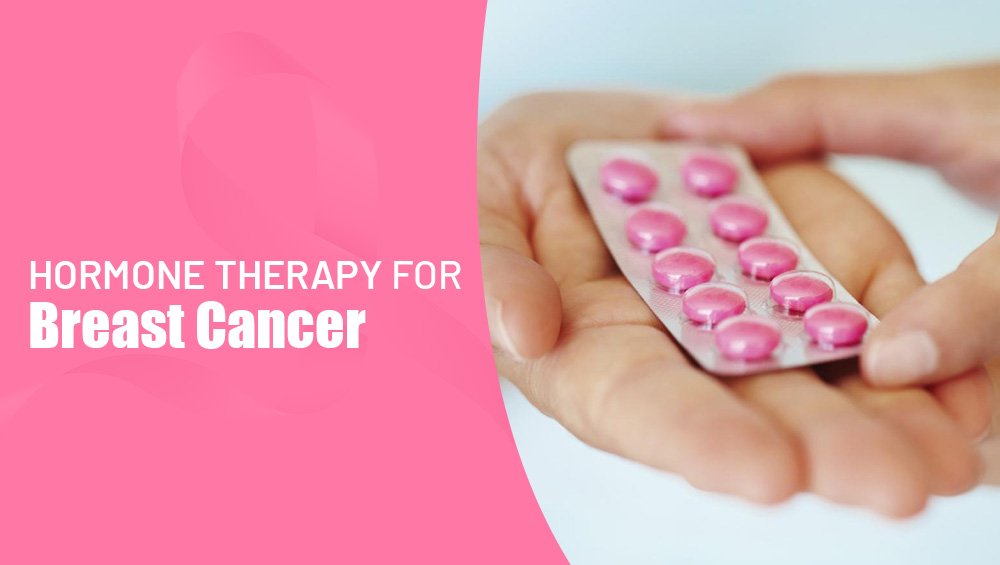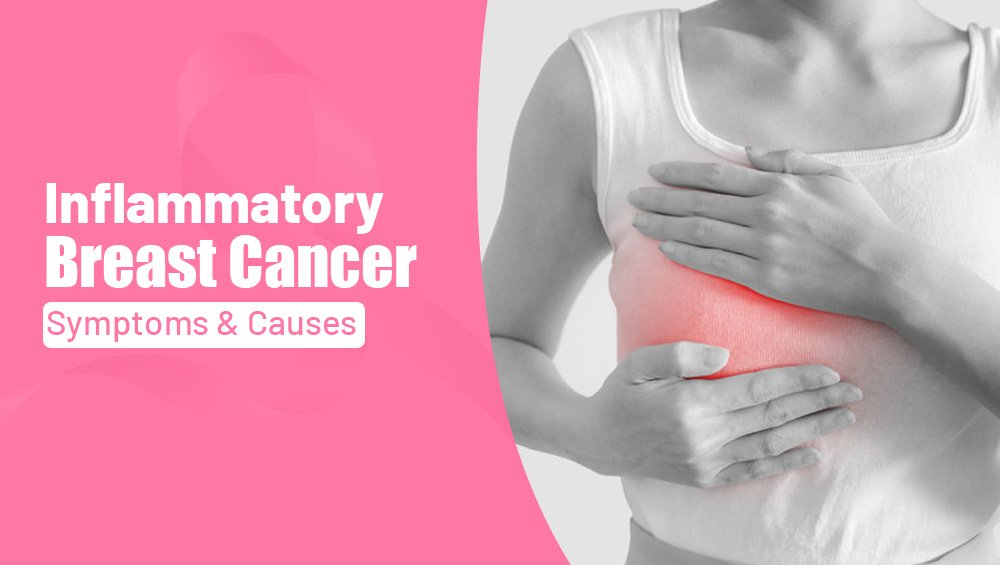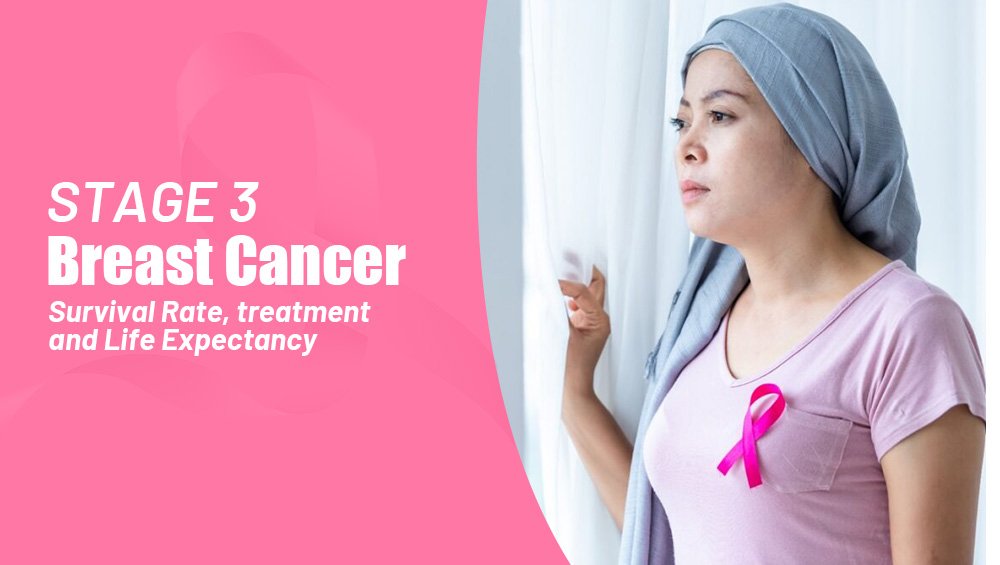
Hormone therapy is a type of treatment that is used to slow down or stop the growth of certain types of breast cancer that are sensitive to hormones such as estrogen and progesterone. Hormone therapy is also called endocrine therapy.
There are two main types of hormone therapy for breast cancer:
Tamoxifen: This is a pill that is taken daily for five to ten years. Tamoxifen works by blocking the effects of estrogen on breast cancer cells. It is usually used to treat early-stage, hormone-receptor-positive breast cancer in women who have gone through menopause.
Aromatase inhibitors: These are pills that are taken daily and are used to treat postmenopausal women with hormone-receptor-positive breast cancer. Aromatase inhibitors work by blocking the production of estrogen in the body, which can slow down the growth of hormone-receptor-positive breast cancers.
Hormone therapy is often used in combination with other treatments, such as surgery, radiation therapy, and chemotherapy. The specific combination of treatments will depend on the type and stage of the breast cancer, as well as the patient’s age and overall health.
why is Hormone therapy treatment used?
Hormone therapy is used for breast cancer because some types of breast cancer are sensitive to hormones such as estrogen and progesterone. These are known as hormone receptor-positive breast cancers, which means that the cancer cells have receptors for estrogen or progesterone. When these hormones bind to the receptors, they can stimulate the growth of cancer cells.
Hormone therapy works by either blocking the effects of hormones on the cancer cells or reducing the number of hormones in the body. This can slow down or stop the growth of cancer.
Tamoxifen, a selective estrogen receptor modulator (SERM), blocks the effects of estrogen on the cancer cells by occupying the estrogen receptors on the cancer cells and preventing estrogen from binding to them.
Aromatase inhibitors, on the other hand, reduce the amount of estrogen in the body by blocking the enzyme (aromatase) that is responsible for converting androgens into estrogen.
Hormone therapy is often used in combination with other treatments, such as surgery, radiation therapy, and chemotherapy, to improve the chances of a cure and to reduce the risk of cancer coming back.
Is hormone therapy an old method now for breast cancer treatment?
Hormone therapy is not an old method for treating breast cancer. In fact, it remains an important treatment option for certain types of breast cancer, particularly hormone receptor-positive breast cancers.
While there have been many advancements in the treatment of breast cancer in recent years, hormone therapy continues to play a role in the management of the disease. It is often used in combination with other treatments, such as surgery, radiation therapy, and chemotherapy, to improve the chances of a cure and to reduce the risk of recurrence.
In addition, new forms of hormone therapy, such as third-generation aromatase inhibitors, are continually being developed and may offer additional benefits compared to earlier forms of hormone therapy.
Key benefits of hormone therapy
The benefits of hormone therapy for breast cancer include:
Slowing down or stopping the growth of hormone receptor-positive breast cancer: Hormone therapy can effectively slow down or stop the growth of hormone receptor-positive breast cancer, which can lead to better outcomes and improved survival rates.
Reducing the risk of recurrence: Hormone therapy can reduce the risk of cancer coming back (recurrence) in women with early-stage, hormone receptor-positive breast cancer.
Improving the quality of life: Hormone therapy can help improve the quality of life for some women with breast cancer by reducing symptoms such as pain, hot flashes, and night sweats.
Non-invasive treatment: Hormone therapy is usually a non-invasive treatment that is taken in pill form, which can be more convenient and less traumatic for some women compared to other forms of treatment such as surgery or radiation therapy.
Lower risk of secondary cancers: Hormone therapy can lower the risk of secondary cancers in some women, particularly for women who have a high risk of developing another type of cancer, such as ovarian cancer.
Conclusion
It is important to note that not all breast cancers are hormone receptor-positive, and therefore, not all breast cancers will respond to hormone therapy. The suitability of hormone therapy as a treatment option will depend on the specific characteristics of the breast cancer, as well as the patient’s individual health status and medical history. Your doctor will be able to determine whether hormone therapy is a suitable treatment option for you based on the type and stage of your breast cancer, as well as your individual health status and medical history.











